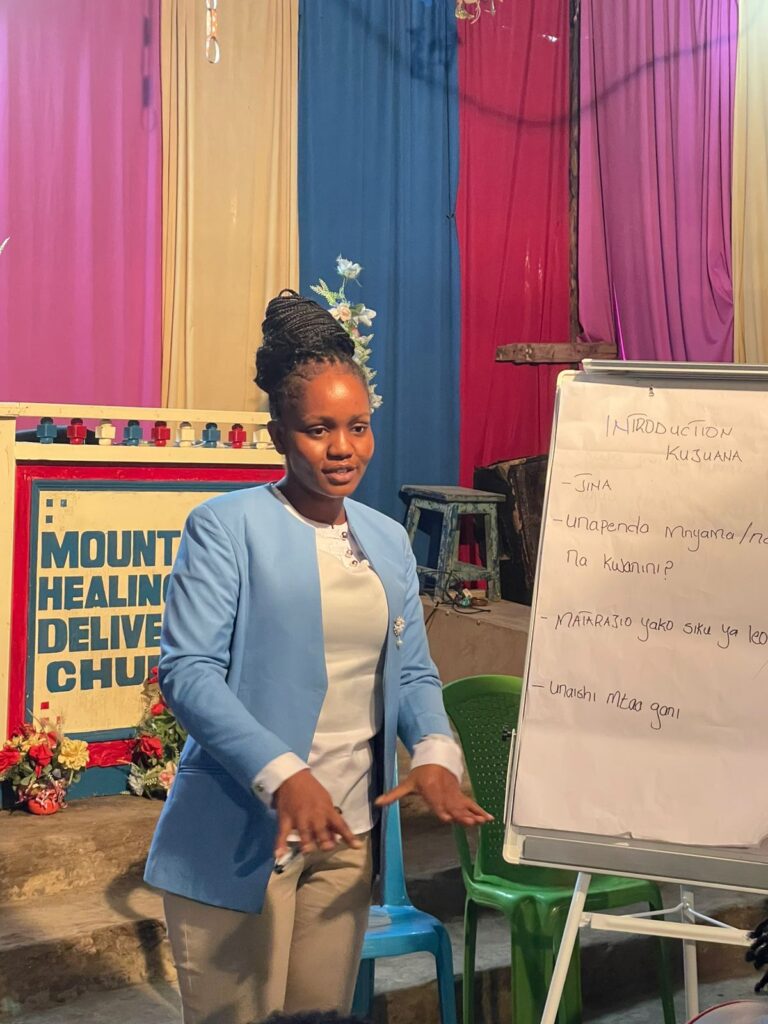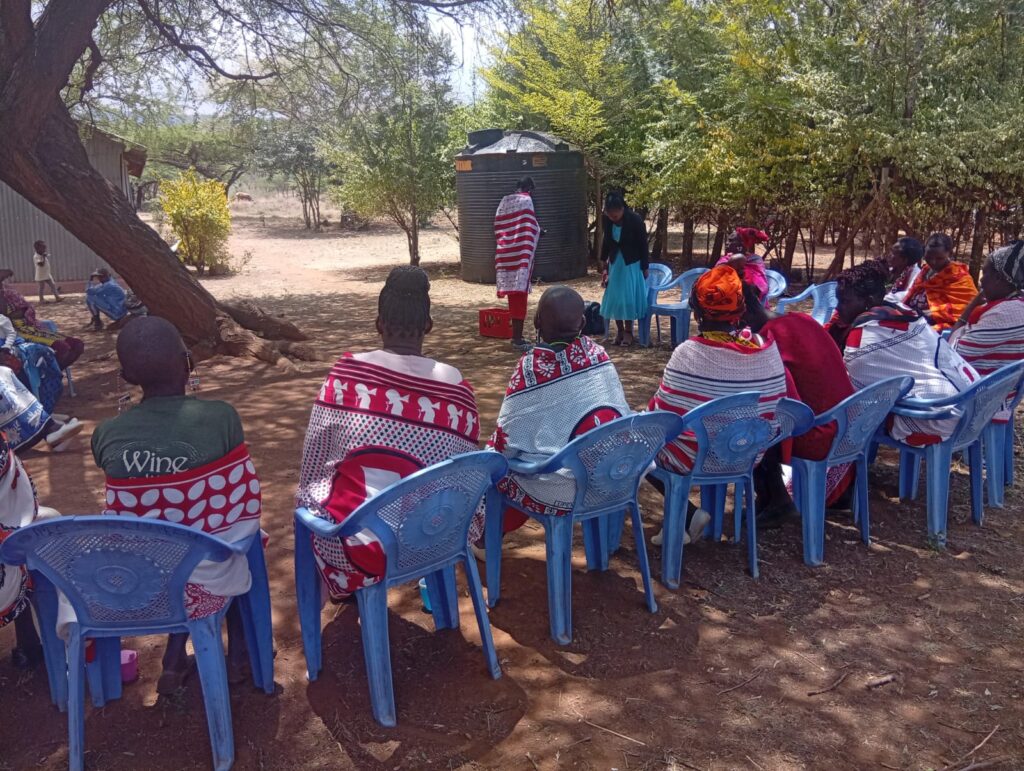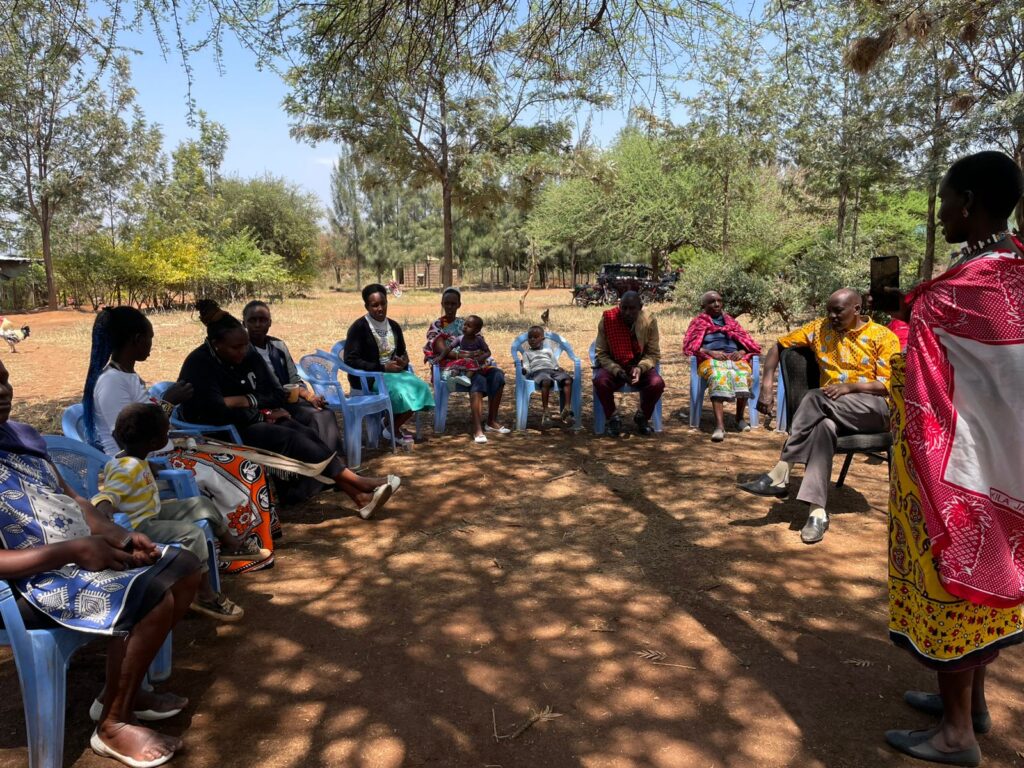Enkishon Nasila: A Clean Future for Maasai Women
My story is not just my own; it is woven from the voices of the women who came before me. I am Faith Matayen, a daughter of the Kenyan savannah, where the red earth meets a vast sky. Here, Maasai culture is a tapestry of profound strength, yet for generations, it has cast shadows where women’s voices are silenced. I was born into this contradiction, witnessing my mother’s immense strength alongside a hopelessness that settled upon her like dust. Her potential was limited by systems that denied her education and economic autonomy, leading to her teenage marriage. The men were not villains but products of the same cycle, stifling our community’s collective potential.
My journey is a testament to my mother’s defiance. She ensured my path diverged from hers, even when I faced a teen pregnancy at 17. She fought for me to return to school, breaking a generational chain. This personal struggle gave me a lens through which I saw others like Kiperipera, a brilliant beader whose art told our heritage. When drought decimated her family’s livestock, her skills were deemed a mere hobby, not an economic asset. Watching the light dim in her eyes from a lack of agency, not ability, was my catalyst. The abstract concept of “marginalization” took on a human face, and I knew I could no longer be just a witness.
This was the birthplace of the Enkishon Nasila Initiative, which means “a clean future,” free from inequality and marginalization. We began not as a revolution, but as a conversation under acacia trees. We spoke of struggles, skills, and quiet, formidable dreams, recognizing two intertwined challenges: the internal chains of self-doubt and the external threat of climate change, which exacerbated their time poverty as collectors of water and firewood.



Our mission became a dual-fronted empowerment. First, we launched financial literacy workshops, demystifying book-keeping and investment. We transformed traditional skills like beadwork into viable businesses through a cooperative model. The first time Kiperipera sold her beads directly to tourists and held her own earnings, the change was palpable. Her shoulders straightened, and hope became tangible. To date, we have empowered over 150 women, and our cooperative has seen a 40% increase in collective income, reinvested in their children’s education and family nutrition.
Second, we confronted the climate crisis, training women in rainwater harvesting to combat droughts and reclaim their time.
What motivates me is the sight of a woman who once looked at the ground now looking me squarely in the eye. It is the sound of their laughter as they work together, no longer competitors but partners. By empowering a Maasai woman, you ignite a chain reaction. An empowered woman educates her children, nurtures her family, and stewards her environment. She is the ultimate climate adaptation strategy.
My passion is rooted in the belief that solutions to gender inequality and climate change are found in the collective wisdom of women at the grassroots. I am driven by the fire rekindled in the eyes of the women of Enkishon Nasila. They are the architects of their own liberation, weaving a new tapestry of resilience that honors our past while fiercely embracing a future of unstoppable, thriving strength.

